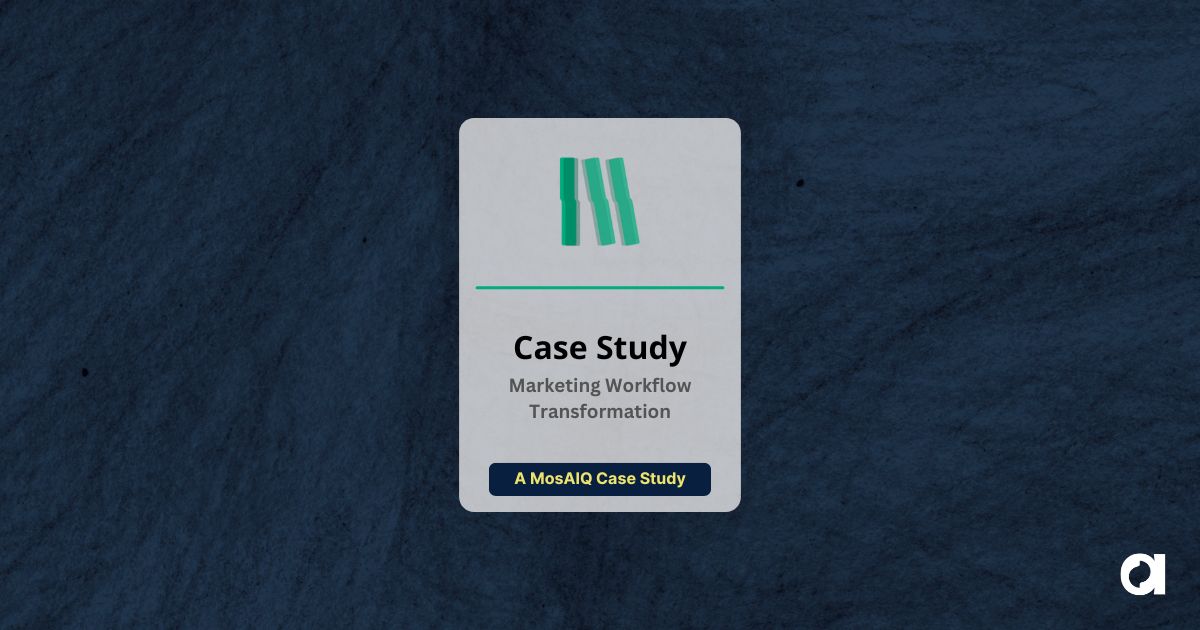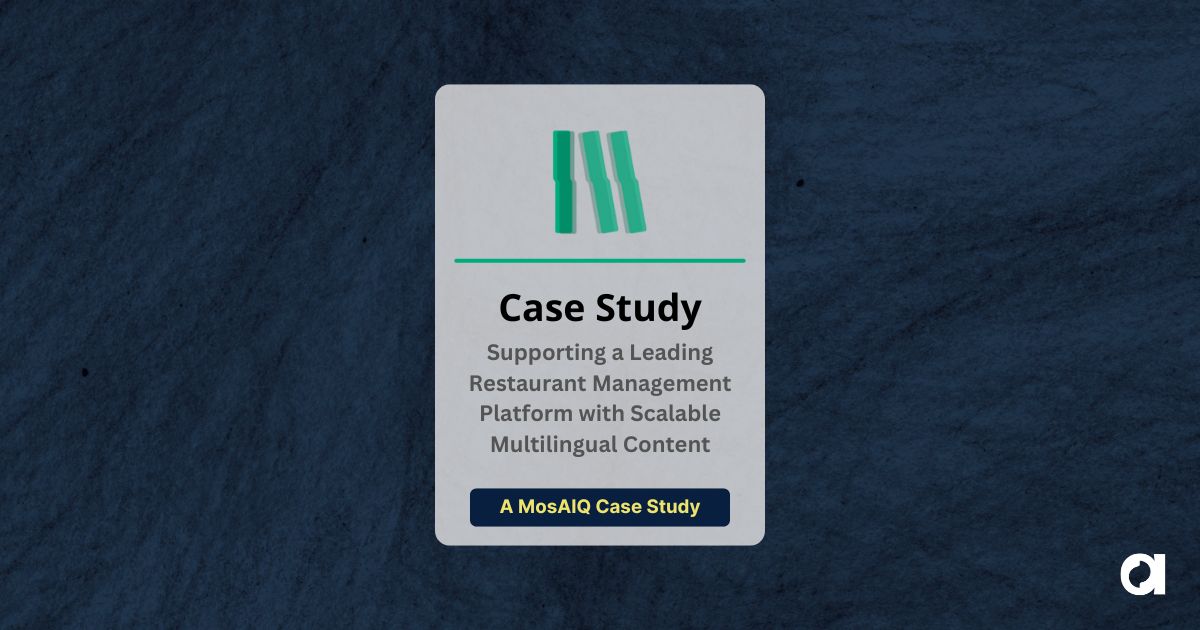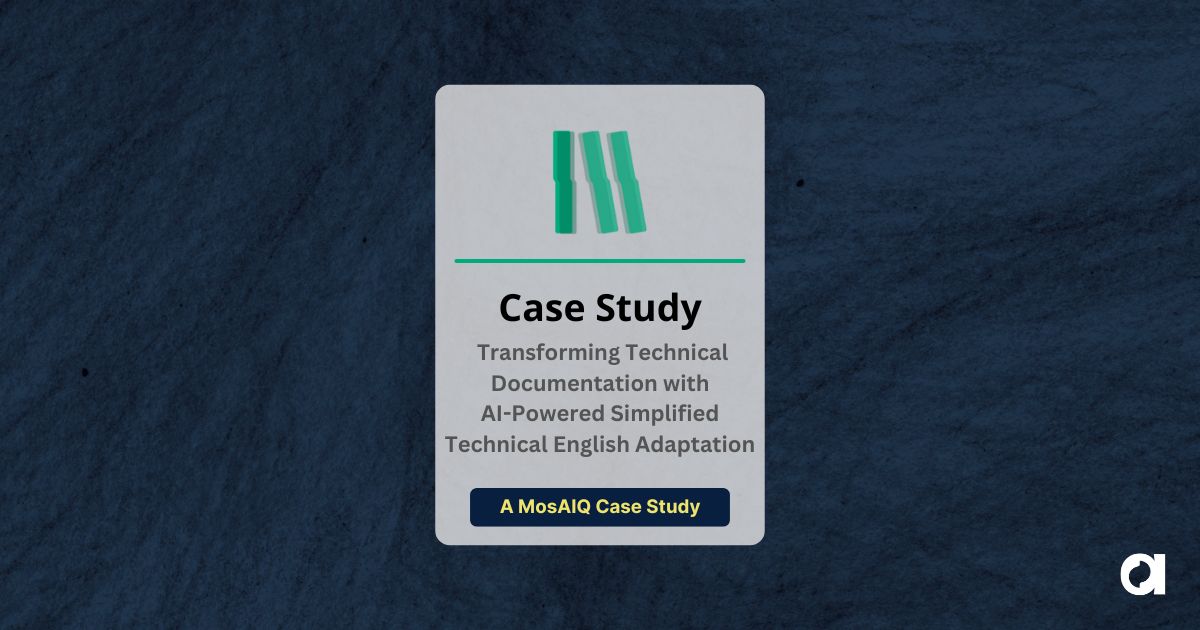In today’s global marketplace, manufacturing content needs to be understandable everywhere and compliant with industry standards. But in an industry where margins are slim and product needs to move out the door quickly, time is of the essence. The latest machine learning technologies may have the solution.
As any manufacturer will tell you, it’s increasingly important to be able to launch products in multiple markets at the same time, and it’s impossible to do without top-quality translations. Without them, workforce risks relating to safety, quality, and regulatory compliance are amplified:
- If workers can’t understand signs, labels, warnings, and safety procedures, they might face critical health issues and other dangers
- If workers can’t understand and follow quality standards, output quality will be haphazard and unpredictable
- If workers can’t understand laws and regulations, they will be less likely to follow them, which can lead to serious legal problems
A lack of quality translation and localization affects a manufacturer’s customers as well – sloppy, poorly written instruction manuals, product documentation, and marketing materials lead to unhappy customers and a lack of repeat business. Utilizing the services of a top-notch language services provider (LSP) is the best way for manufacturers to communicate with a global workforce and clientele. But even the biggest LSPs have limits on the volume of words they can process in a given amount of time.
Machine translation is the answer
At its most basic, machine translation is a form of computational linguistics and language engineering that uses software to translate text or speech from one language to another. It works best with content that is repetitive and simple, which makes it ideal for materials like user manuals. Its value is increased exponentially when you create your content in a content management system that allows you to save high quality translated content and reuse it for future projects. Implement it correctly, and machine translation can easily help you achieve the following outcomes:
- Increased productivity due to a greater volume of content being translated
- Reduced costs, thanks to effective utilization of translation memories and lower rates in comparison to the rates of human translators
- Reduced time to market, allowing you to translate more words per day and in turn deliver translated content to customers even faster
The Argos approach
At Argos Multilingual, we’ve perfected a hybrid approach that involves making use of multiple machine translation options and combining them with human knowledge. Linguists are an integral part of our post-editing process, and our goal is always a final text that reads as though it was done from start to finish by a human translator. This means following the client’s terminology, adapting to the source text style and format, keeping consistency, and correcting every single mistake we find. To find out more, get in touch with us.
Want to know more?
 Argos Multilingual
4 min. read
Argos Multilingual
4 min. read
For clinical trial translations, being 100% accurate 100% of the time isn’t enough – there’s also the matter of cultural appropriateness to contend with. The key to success lies in the linguistic validation process. Patient-reported outcomes (PROs) and clinician reports are an increasingly important part of the life sciences research and development process, as the […]

 Argos Multilingual
4 min. read
Argos Multilingual
4 min. read
There is no substitute for reading a work of fiction in the language it was written in, but appreciating the work of a true master of the translator’s art is the next best thing. Translation is challenging, and translating into English is especially so – if it weren’t, everyone would do it. That’s why it’s […]











